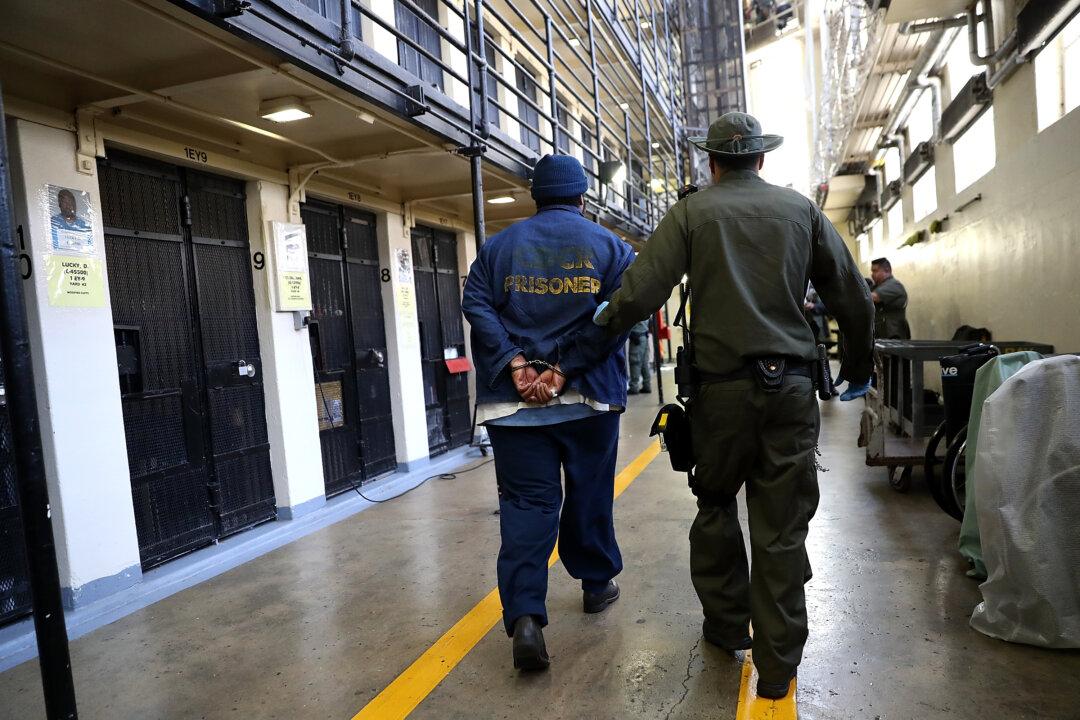A proposal intended to study the efficacy of rehabilitation credits in California prisons was recently voted down by the Assembly Public Safety Committee. However, the committee did grant reconsideration, allowing for an amended version to be brought back for a hearing on an unspecified date.
Introduced by Sen. Tom Umberg (D-Santa Ana), Senate Bill 359 would require the California Department of Corrections and Rehabilitation (CDCR) to research the relationship between credits awarded to inmates and recidivism rates and begin providing annual reports to the Legislature by January 2025.





